Documents Required to Create a Trust in Minnesota
Documents Required to Create a Trust in Minnesota
Creating a trust is an important part of estate planning, as it allows you to protect and manage your assets for the benefit of your loved ones. If you are a Minnesota resident looking to create a trust, it's essential to understand the documents required in the process. At Holker Law Offices, PLLC, we can assist you with creating a trust that meets your specific needs. In this blog post, we will discuss the documents needed to create a trust in Minnesota.
Trust Agreement: The most important document needed to create a trust is the trust agreement. This document outlines the terms and conditions of the trust, including how assets will be managed and distributed. It also names the trustee who will be responsible for carrying out these instructions. The trust agreement must be carefully drafted to ensure that your wishes are clearly outlined and legally binding.
Asset Documentation: In order to fund your trust, you will need to transfer ownership of your assets into the trust's name. This typically includes real estate properties, bank accounts, investments, and other valuable possessions. You will need documentation such as property deeds, financial statements, and account information to transfer these assets into the trust.
Identification Documents: When creating a trust in Minnesota, you will need to provide identification documents for yourself and any other individuals involved in the trust. This may include copies of driver's licenses, passports, or birth certificates. It's important to verify everyone's identity to ensure that they have legal authority to act on behalf of the trust.
Power of Attorney Documents: In some cases, you may choose to appoint someone as your power of attorney within the trust agreement. This person will have the authority to make financial or healthcare decisions on your behalf if you become incapacitated or unable to do so yourself. Power of attorney documents should be included in your estate plan along with your trust agreement.
Beneficiary Designations: Finally, it's important to specify who will benefit from the assets held in the trust upon your passing. This may include family members, friends, or charitable organizations. By designating beneficiaries in advance, you can ensure that your assets are distributed according to your wishes without going through probate court.
Creating a trust is an important step in protecting your assets and providing for your loved ones after you're gone. In Minnesota, several key documents are required when establishing a trust, including the trust agreement, asset documentation, identification documents, power of attorney documents, and beneficiary designations. At Holker Law Offices, PLLC we have experience helping Minnesota residents navigate the complexities of estate planning and can assist you with creating a comprehensive trust that meets all legal requirements. Contact us today for personalized guidance on creating a trust that secures your legacy for future generations.











